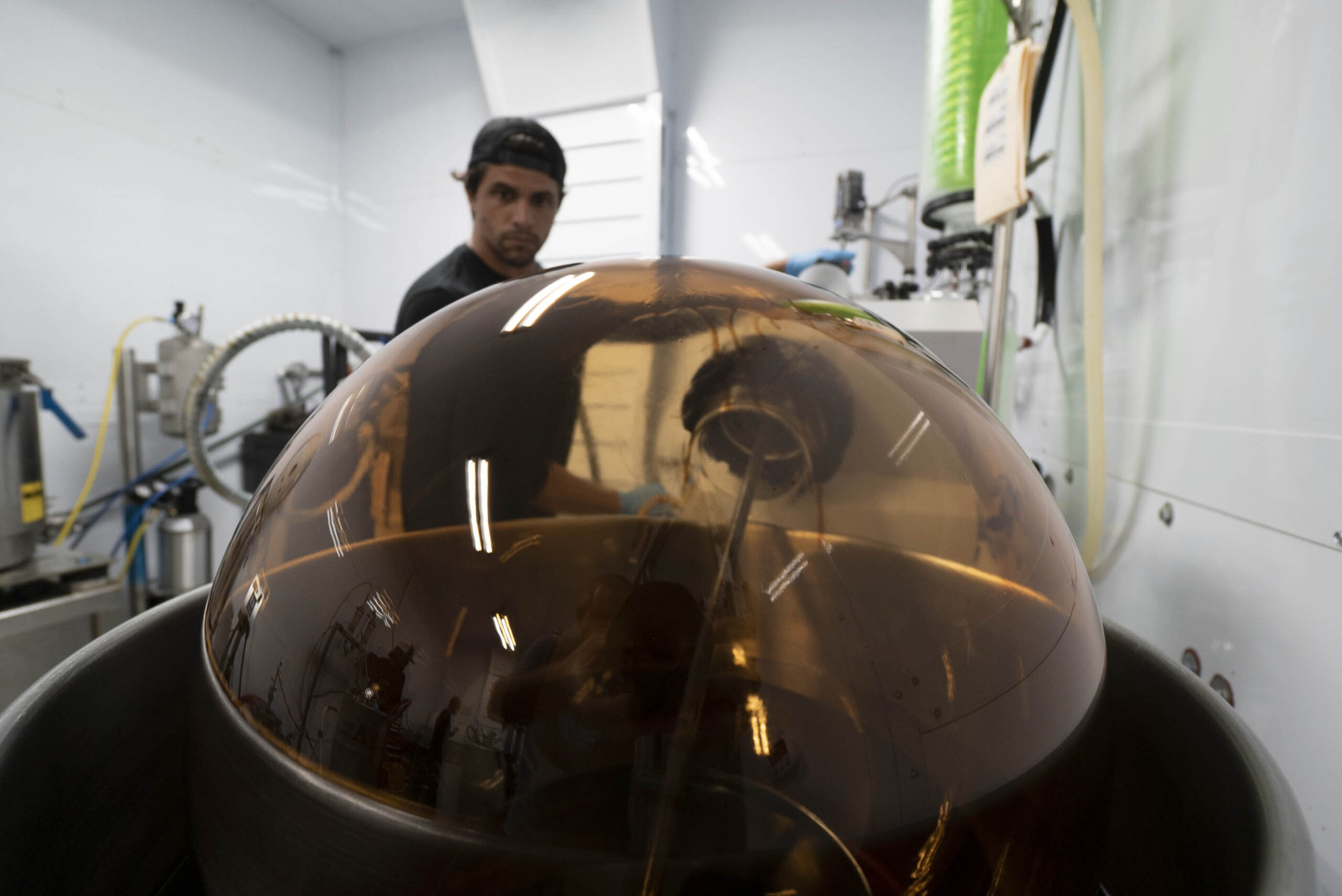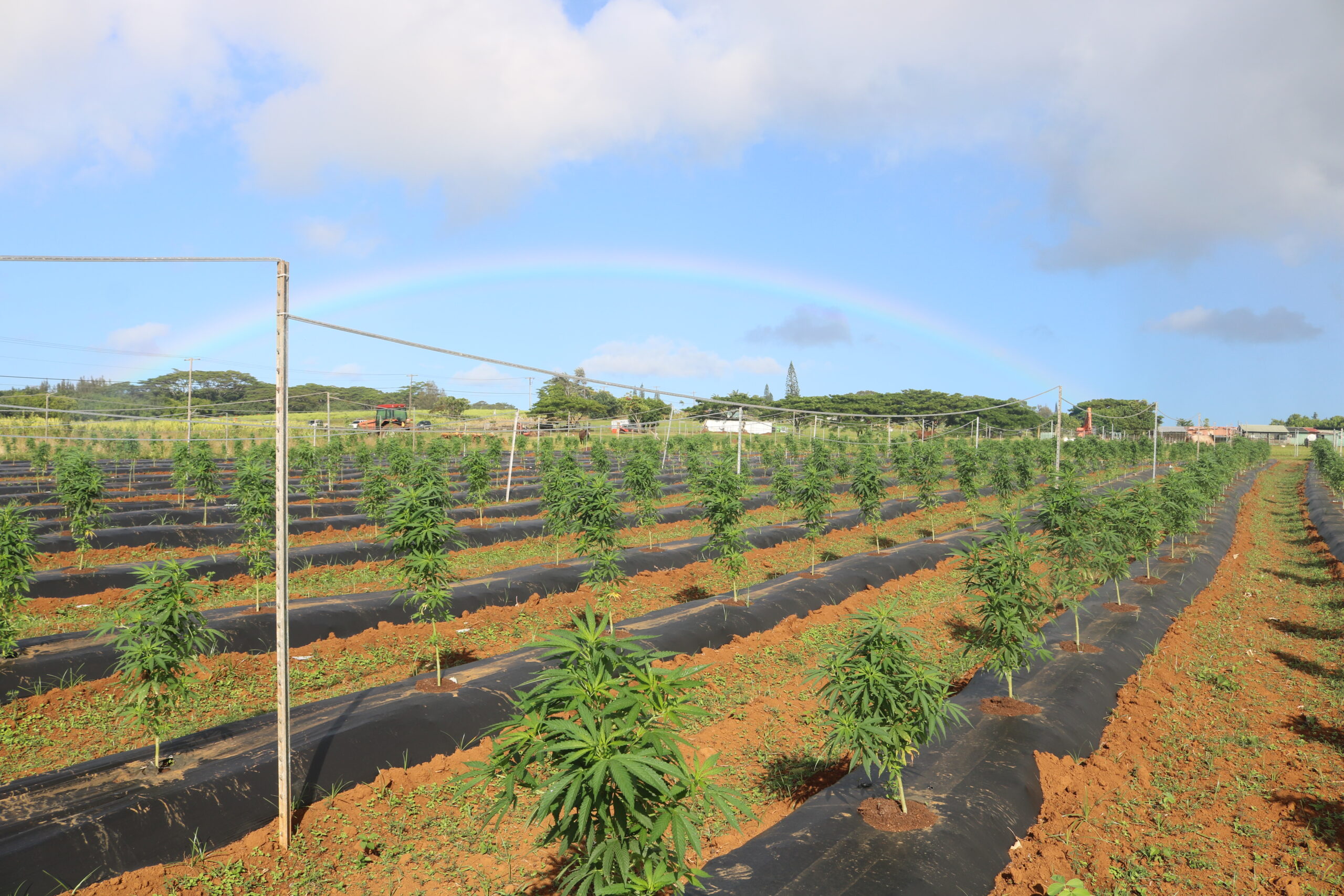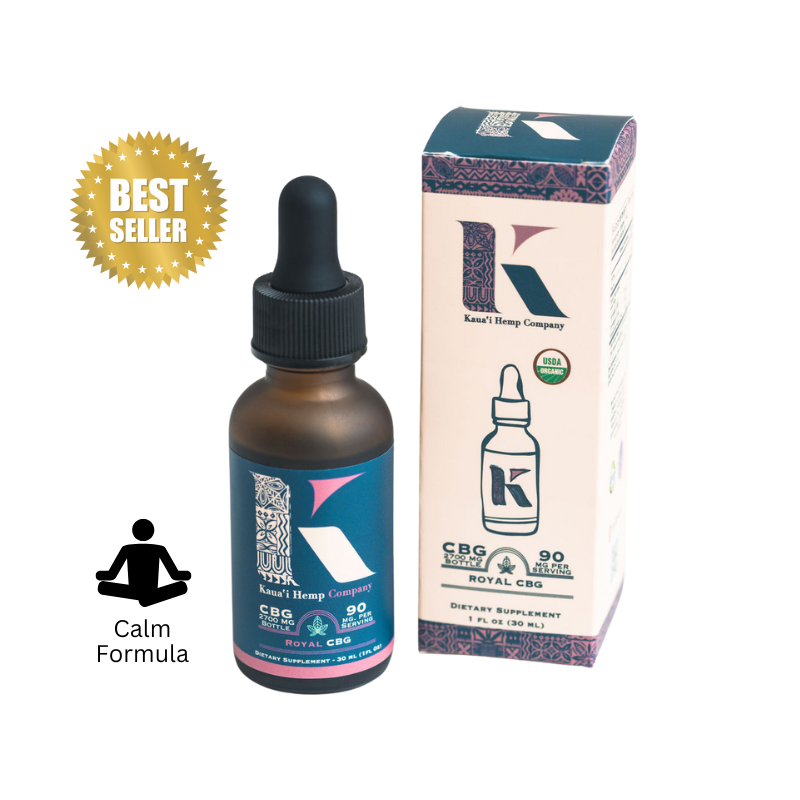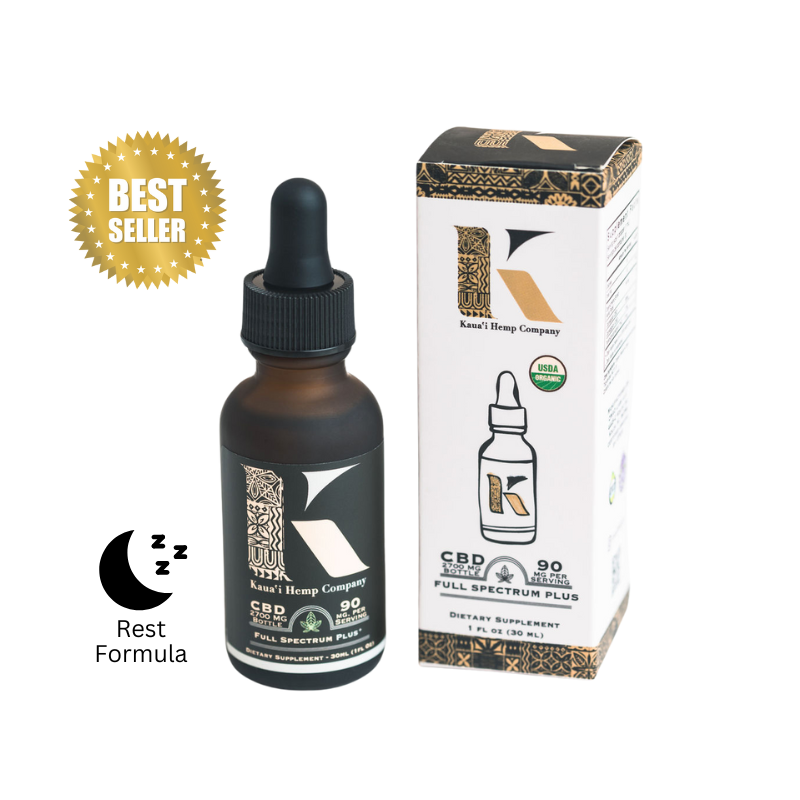CBG vs. CBD
Understanding CBG vs CBD: Key Benefits and Differences
In today’s rapidly evolving hemp market, the question “CBG vs CBD—what’s the difference?” is more relevant than ever. At Kauai Hemp Company, we know that understanding the key differences between CBG (cannabigerol) and CBD (cannabidiol) is essential for making informed wellness choices. Although both cannabinoids are derived from the cannabis plant, they have unique chemical compositions and offer distinct benefits. Our premium organic hemp products are expertly formulated to harness these differences, whether you’re seeking the calming effects of CBD or the targeted support of CBG. Explore our range to discover how understanding CBG vs CBD can help you choose the right product for your health and lifestyle needs.
CBG vs CBD?
Cannabigerol (CBG):
CBG is often referred to as the “mother cannabinoid” because it’s considered a precursor from which other cannabinoids like THC and CBD are synthesized. It’s typically found in low concentrations in cannabis plants, and its extraction process involves harvesting the plant at an early stage of growth.
At Kauai Hemp Company, we specialize in organically cultivating strains of cannabis that are CBG-dominant; ie. growing cannabis cultivars that have high concentrations of CBG.


Cannabidiol (CBD):
CBD is one of the most abundant cannabinoids found in cannabis plants, second only to THC (tetrahydrocannabinol). Unlike THC, CBD is non-intoxicating and doesn’t produce a “high.” CBD is commonly extracted from hemp, a variety of cannabis that contains less than 0.3% THC.

CBG and CBD Benefits

Chemical Structure and Mode of Action

CBG vs CBD. What Are The Key Differences

How to Choose Between CBG and CBD Products?
When considering CBG or CBD products, several factors should be taken into account:
While CBG and CBD are both cannabinoids derived from cannabis plants, they exhibit distinct chemical properties and mechanisms of action.
Ultimately, the choice between CBG and CBD products depends on individual health needs and preferences. As research continues to unfold, a nuanced understanding of these cannabinoids will facilitate informed decisions and foster the responsible use of cannabinoid-based products.












